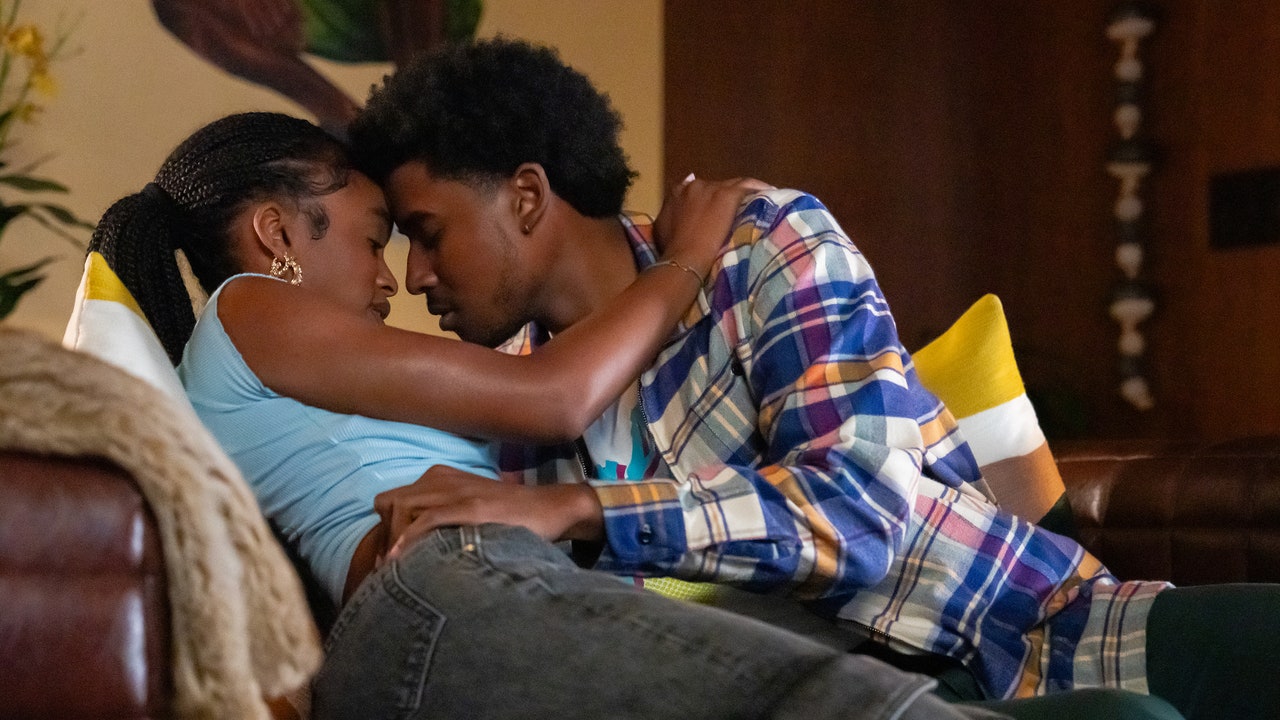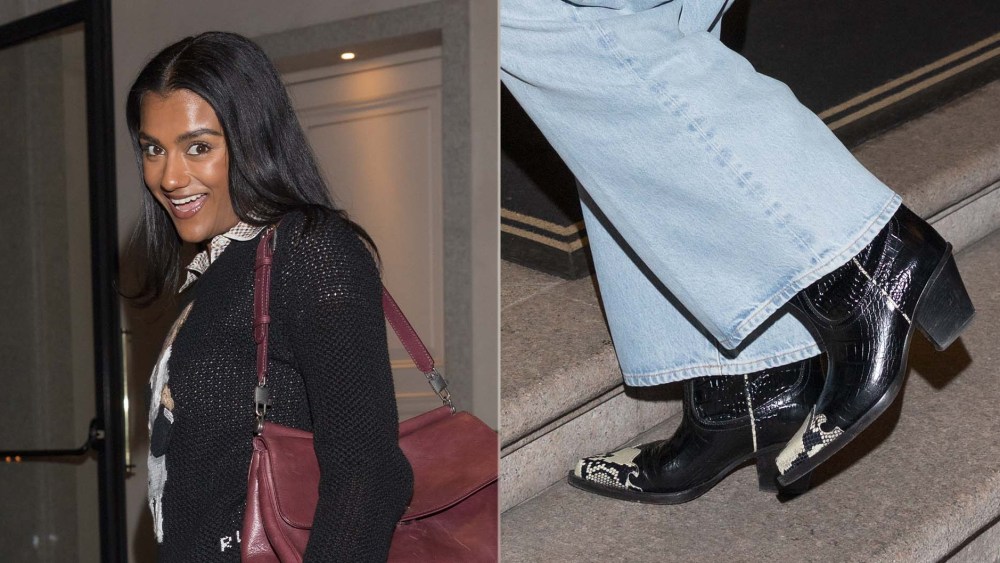
When I was growing up, the proper way to enjoy Judy Blume was in complete privacy, ideally in a forgotten corner of the library or at the house of a family I was babysitting for, curled up with a bag of gummy sharks from the candy store and a mind ready to puzzle out what scoliosis was (Deenie forever!) or how, exactly, an extramarital affair worked (let us not forget about the eyebrow-raising majesty of Wifey).
Now, though, we’re in the middle of yet another Judy Blume renaissance. While the first was kicked off by the release of the film version of Are You There God? It’s Me, Margaret in 2023, this one is anchored by Netflix’s present-day adaptation of Blume’s 1975 novel Forever, and I’m a massive fan of the update that legendary screenwriter and producer Mara Brock Akil has given to Blume’s story. Lovie Simone and Michael Cooper Jr. are adorably cast as each other’s teenaged first loves, and setting the show in Los Angeles instead of the book’s New Jersey genuinely works to refresh the material (and make me wonder if high-school kids in LA actually hang out on Fairfax instead of, like, the mall).
True to the spirit of Blume’s novel, there’s a lot of sex on the show—or, more accurately, a lot of awkward fumbling and dancing around the topic of sex, which feels very cinéma vérité for two teens—but it’s dealt with in a way that feels of the moment without trying desperately to conjure capital-Y Youth. Yes, teenage girls these days have to deal with the potential virality of their intimate moments in a way that makes me want to cry for about six hours straight when I think about it, but there’s nothing exploitative about Forever’s investigation of just how deep those wounds can cut. (Besides, I love the idea of a whole new generation of kids absorbing Blume’s still-progressive views on sex and romance while also enjoying plotlines about Naruto and Instagram hashtags.)
All in all, it feels safe to say that Blume’s spirit is alive and well on Forever (as it should be, given that she’s a producer on the show). Focusing the series on a love affair between two Black teenagers also leans into the universality of Blume’s narrative—though her characters were predominantly white and upper-middle-class—and tells a new and sorely needed story about class status in LA and Black girlhood.
#Netflixs #Proves #Judy #Blume






